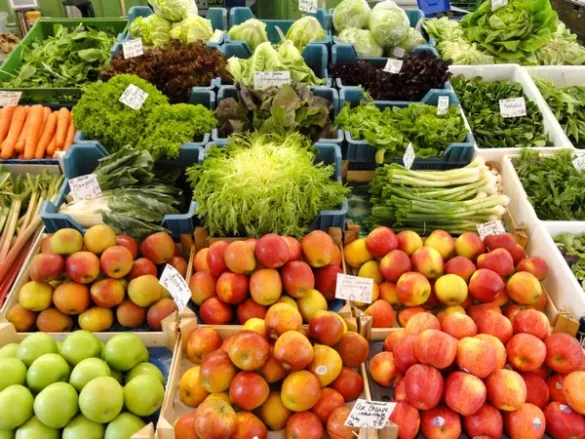In a landmark move, California has become the first state in the United States to outlaw the use of four food additives commonly found in popular cereals, soda, candy, and beverages. Governor Gavin Newsom signed the groundbreaking ban into law on Saturday, marking a significant step in the state’s efforts to enhance food safety and protect its citizens from potentially harmful chemicals.
The newly enacted legislation, known as the California Food Safety Act, targets four specific additives: brominated vegetable oil, potassium bromate, propylparaben, and red dye No. 3. According to the Environmental Working Group, this ban could have far-reaching implications, affecting approximately 12,000 products that currently incorporate these substances.
Initially dubbed the “Skittles ban” because it also aimed to restrict the use of titanium dioxide as a coloring agent in candies like Skittles, Starburst, and Sour Patch Kids, the final version of the legislation, Assembly Bill 418, removed reference to this particular substance in September.
Assemblyman Jesse Gabriel (D-Woodland Hills), the author of AB 418, celebrated the ban as a significant stride in safeguarding the health of California’s children and families. He emphasized that the law doesn’t outright ban any specific food items but necessitates food companies to make “minor modifications” to their recipes, opting for safer alternative ingredients. The European Union and numerous other countries have already banned the use of these chemicals due to scientific research linking them to cancer, reproductive issues, and behavioral and developmental problems in children.
Notably, several major brands and manufacturers, including Coca-Cola, PepsiCo, Gatorade, and Panera, have voluntarily ceased the use of these additives due to concerns about their potential impact on human health.
Brominated vegetable oil, once present in Mountain Dew, has been phased out by PepsiCo. Nevertheless, it remains in use in generic soda brands like Walmart’s Great Value-branded Mountain Lightning. Propylparaben and potassium bromate are commonly found in baked goods, while red dye No. 3 is employed by Just Born Quality Confections to color pink and purple marshmallow Peeps candy, according to Consumer Reports.
Assemblyman Gabriel stressed, “What we’re really trying to get them to do is to change their recipes. All of these are nonessential ingredients.” The law is set to take effect on January 1, 2027, with potential fines of up to $10,000 for violations.
Ken Cook, President of the Environmental Working Group, which co-sponsored the bill along with Consumer Reports, hailed this development as a significant milestone in food safety. He noted that the law’s impact could extend beyond California, as the size of the state’s economy might prompt manufacturers to adopt a uniform approach to their products for both California and the rest of the nation.
A parallel bill with a broader scope, seeking to ban the same four chemicals along with titanium dioxide, is currently advancing through committee in the New York Legislature.
Consumer advocates have pointed out that these chemicals, now banned by California, have not undergone FDA review for 30 to 50 years, if ever.
Former Governor Arnold Schwarzenegger also lent his endorsement to the bill, deeming it “common sense” in his daily Pump Club Newsletter.

